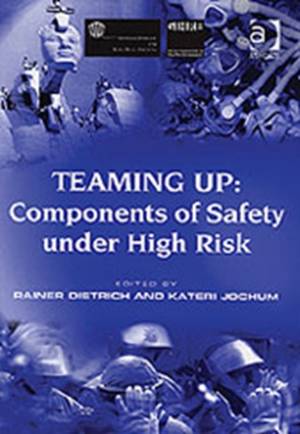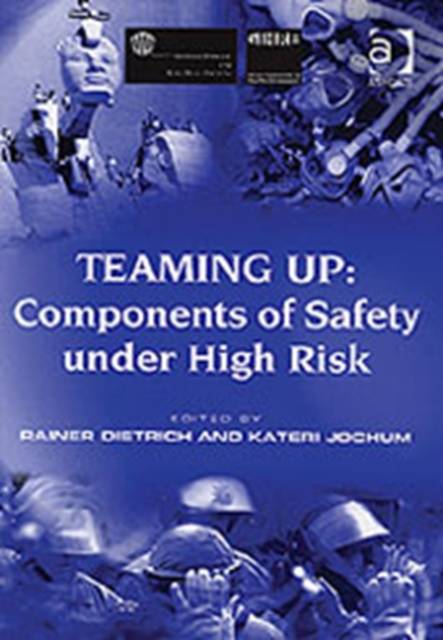
- Retrait gratuit dans votre magasin Club
- 7.000.000 titres dans notre catalogue
- Payer en toute sécurité
- Toujours un magasin près de chez vous
- Retrait gratuit dans votre magasin Club
- 7.000.0000 titres dans notre catalogue
- Payer en toute sécurité
- Toujours un magasin près de chez vous
182,45 €
+ 364 points
Format
Description
All accidents and incidents at the workplace, and the resulting consequences, are tied to human beings and their actions. Although their avoidance has been a crucial part of training in aviation for the past twenty years, it has been largely ignored in many other occupations with team structures similar to those in aviation. In such professions and workplaces, those involved are under high stress, with enormous workloads, simultaneously completing mental and motor tasks, facing unexpected situations involving great risk, and with uncertain final outcomes. The goal of researchers is to find ways to minimize human error and to understand the interaction amongst the members of the team fulfilling the task. Specialized training programmes, good management and clear rules that lay out which member is responsible for making decisions can be the first steps to reducing and managing such errors. This book is a major result of the Gottlieb Daimler and Karl Benz Foundation's 6th Berlin Colloquium, 'Interaction in High Risk Environments', hosted in 2002 by the Psycholinguistic Group of the Humbolt University Institute for German Language and Linguistics. This group is affiliated with the ongoing research group 'Group Interaction in High Risk Environments (GIHRE)' sponsored by the Foundation based in Ladenburg, Germany. The Colloquium brings together experts from aerospace, clinical medicine, nuclear power, psychology, linguistics and psycholinguistics, to include fields that have yet to be a major focus of scientific investigations. Together, the authors explore scientific advances with direct application to a range of high risk environments. The aim is to address the issues and root causes of error and lack of teamwork by combining the knowledge of scientific experts with experience gained in different fields of industry and public life. Chapters span space travel, risk in the cockpit, safety in medicine, nuclear submarine salvage, large construction sites, police
Spécifications
Parties prenantes
- Auteur(s) :
- Editeur:
Contenu
- Nombre de pages :
- 146
- Langue:
- Anglais
Caractéristiques
- EAN:
- 9780754634355
- Date de parution :
- 15-04-04
- Format:
- Livre relié
- Format numérique:
- Genaaid
- Dimensions :
- 156 mm x 234 mm
- Poids :
- 390 g

Les avis
Nous publions uniquement les avis qui respectent les conditions requises. Consultez nos conditions pour les avis.






